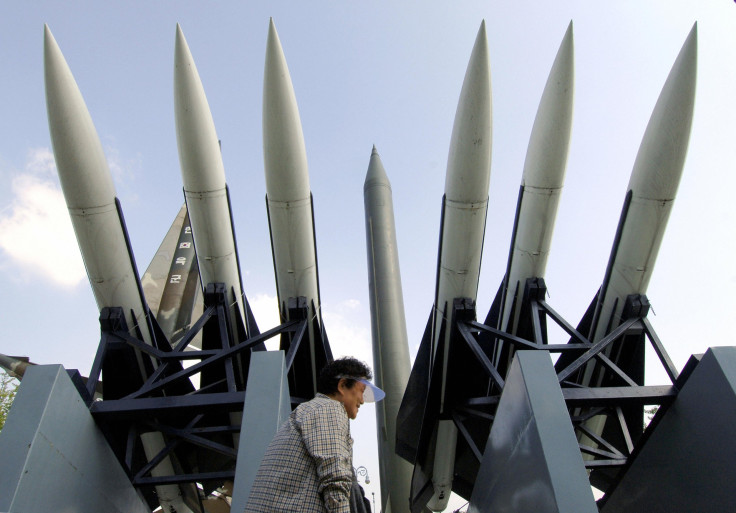US And Russia Modernizing Arsenals But Number of Nuclear Warheads Has Fallen

The United States and Russia, the world ’s top nuclear powers, are engaged in extensive and expensive programs to modernize their arsenals but there has been a decline in the number of nuclear warheads they have stockpiled.
Sweden-based Stockholm International Peach Research Institute (SIPRI) attributed the decline to the U.S. and Russia reducing their strategic nuclear forces in line with the 2010 Treaty on Measures for the Further Reduction and Limitation of Strategic Offensive Arms (New START). However, the institute points out that both countries have extensive and expensive programs underway to replace and modernize their nuclear warheads, missile and aircraft delivery systems, and nuclear weapon production facilities. It said Russia and U.S. have 6,500 and 6,185 nucear warheads, respectively, about a quarter of which are deployed.
“The nuclear arsenals of the other nuclear-armed states are considerably smaller, but all are either developing or deploying new weapon systems or have announced their intention to do so. China, India, North Korea and Pakistan are thought to be expanding the size of their nuclear arsenals,” SIPRI said in its latest report. It also draws attention to inadequate transparency, saying: “The US has disclosed important information about its stockpile and nuclear capabilities, and the UK and France have also declared some information.”
SIPRI has expressed concern that Russia refuses to disclose the detailed breakdown of its forces counted under New START even though it shares information with the U.S., and as a result "the US government has stopped releasing detailed information about Russian and Chinese nuclear forces." “The governments of India and Pakistan make statements about some of their missile tests but provide no information about the status or size of their arsenals,” it said. Moreover, the institute says that Israel and North Korea are not disclosing vital information at all.
According to the Arms Control Association, China, India and Pakistan are pursuing new ballistic missile, cruise missile and sea-based nuclear delivery systems. It says Pakistan has lowered the threshold for nuclear weapons use by developing tactical nuclear weapons capabilities to counter perceived Indian conventional military threats. And North Korea continues with its nuclear pursuits in violation of its earlier denuclearization promises.
© Copyright IBTimes 2025. All rights reserved.





















